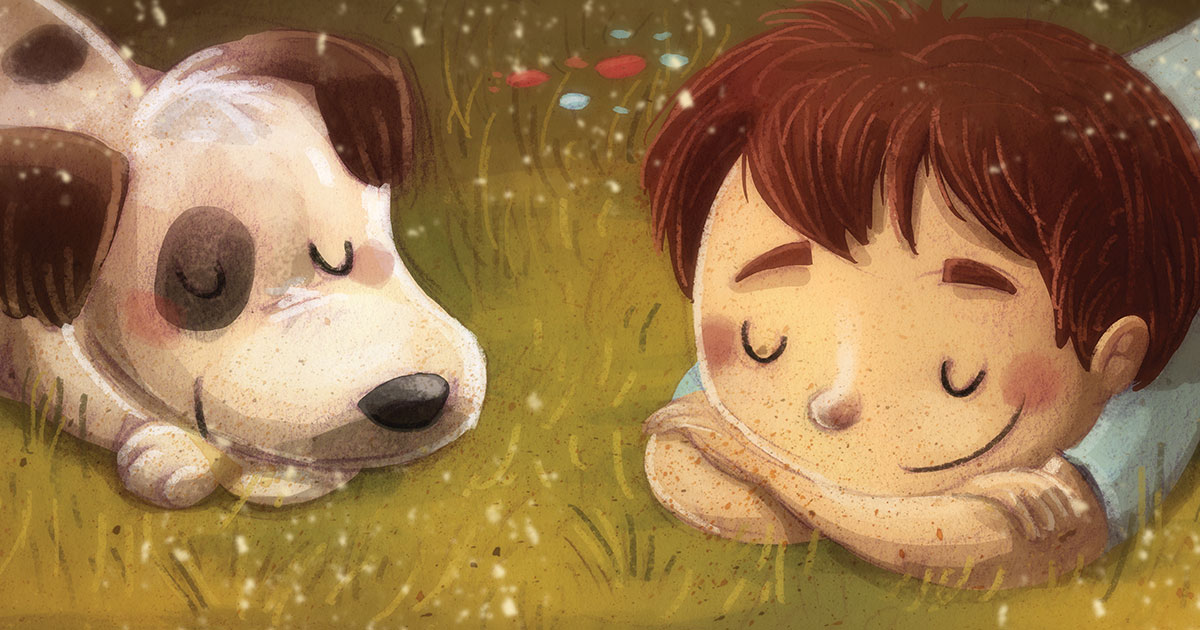There is nothing like the bond that occurs between a dog and their “human.” Ask any dog owner how incredible it feels to have their companion greet them after a day at work, accompany them on a long stroll, or simply snuggle with them at night. Having a dog provides love and companionship to all. However, why this union is so tight? Why are we as humans choosing specifically to snuggle a dog and not a plant?
From a psychological standpoint, the relationship between a dog and owner is incredibly interesting and involves a variety of factors. First off, there is a special chemistry that goes back thousands of years. It is even said that this relationship has shaped the way our brain developed. This could be due to the fact that this companionship began at a time when humans themselves were evolving and changing.
The beginning history of this union:Our past with dogs goes farther back than our history with domesticated livestock, including sheep and cows. Research and evidence has been found that supports dogs and humans living together as far back as 13,000 years! How did this begin? Considering that the dog is descendent of the wolf, we need to first look at this animal for answers.
Initially, packs of wolves would follow humans, looking for food scraps. After a good deal of time, the friendlier wolves approached the humans, who in turn took them in as companions. The bond was mutually beneficial—humans could provide shelter and protection, and wolves could help bring down prey.
These “friendly wolves” were eventually bred with other friendly ones. Eventually, this was how dogs came to be. What is interesting about this, is that dogs evolved alongside humans, so they are able to connect with us on a deeper level than many animals today.
A scientific look at the bond:There is much to be said about the effect of humans on dogs, but there is just as much to be said about their effect on us. Recent research has found that looking into a dog’s eyes activates the same hormonal response that bonds humans to their babies. Further research from Azabu University in Japan helped confirm this finding.
Thirty dog owners and a few wolf owners were brought in for an experiment. Owners were asked to stare into the eyes of the animals for a set period of time. Afterward, the scientists collected urine samples from all participants before and after the study. The fascinating result was that the dogs who stared the longest into their owner’s eyes experienced a 130 percent rise in oxytocin levels—the chemical associated with the feeling of happiness—with the owners experiencing a whopping 300 percent rise in oxytocin. Contrary to this finding, none of the wolf-owner duos experienced an increase in oxytocin. Which could be because their bond is different from the one formed between a dog and human. All in all, this is one scientific finding which illustrates why we feel so attached to our furry companions.
Dogs and babies:When it comes to dogs and babies, the bond is just as strong—if not stronger. According to the American Kennel Club, dogs can easily sense that babies are harmless and vulnerable based on their owners’ actions around them. This said, most are extra cautious when around the little ones. Considering that dogs are “pack animals,” they become protective of the newest arrival and want to go above and beyond to protect this one. This can be shown through sitting nearby the baby (guarding the baby) to licking the baby’s face or rear end (which is how they check their own little one’s health).
Dogs and the elderly:It is obvious that dogs have a great healing power on humans. Dogs have an astounding positive effect on those grappling with depression, anxiety, and other emotional disorders. Considering this, it is easy to make the connection on the positive effect dogs can have on the elderly.
Not only does having a dog around an elderly person boost their mood, they also can help them complete a variety of tasks. From helping relieve their anxiety in social situations, to helping them navigate from one place to another. There has been a great increase of the use of service dogs for seniors suffering from debilitating physical diseases.
According to the article, “The Healing Power of Pets for Seniors,” psychologist Penny B. Donnenfeld, has witnessed animals’ ability to prompt better memory recall in their elderly owners. “I’ve seen those with memory loss interact with an animal and regain access to memories from long ago,” she explains. By having a pet, the senior can now focus on something other than their physical problems and negative preoccupations about aging.



















